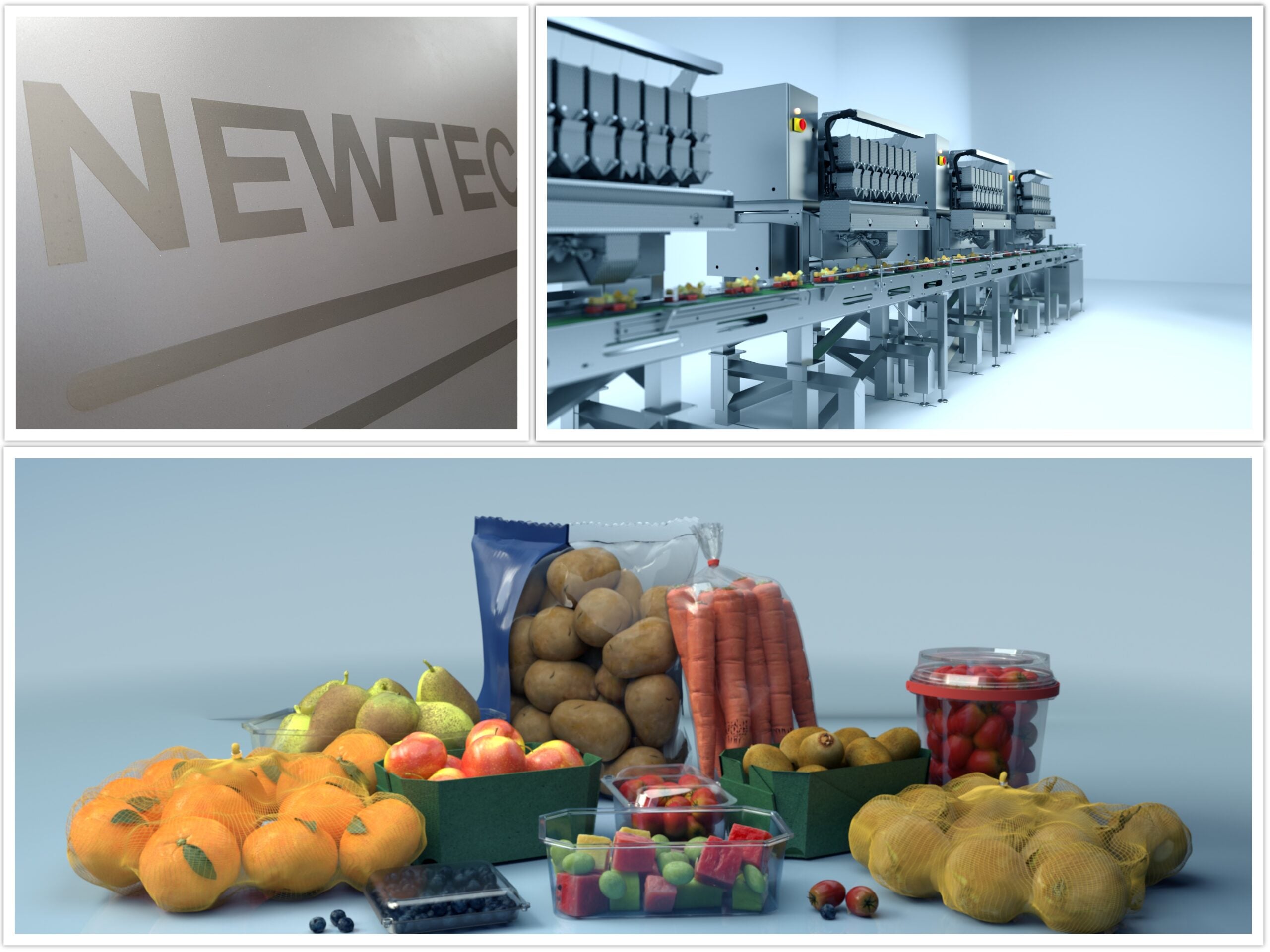
Research project: A novel approach to snapshot hyperspectral imaging based on computed tomography imaging spectrometer (CTIS) is the result of the interesting collaboration between Newtec Engineering A/S and Physics at the University of Southern Denmark (SDU). Hyperspectral images can be useful in many applications and within many industries.Mads Toudal Frandsen, Deputy Head of Institute for Physics, Chemistry, and Pharmacy of SDU:
“We are very excited about the many applications for green technology in a very fruitful and enjoyable collaboration with Head of Research Bjarke Jørgensen and Industrial PhD student Mads Svanborg Peters at Newtec Engineering A/S, Associate Professor René Lynge Eriksen at SDU NanoSyd, Mads Clausen Institute Faculty of Engineering, University of Southern Denmark.”
Graduate physics student Mads Juul Ahlebæk (co-author), Assistant Professor Wei-Chih Huang at CP3-Origins @ SDU (main author) and Mads Svanborg Peters (co-author) recently presented their preliminary research findings at the International Association for Spectral Imaging (IASIM) conference 2022.
The research findings include a novel method to reconstruct hyperspectral images from captured CTIS images, i.e., reconstruction of a full hyperspectral image from a monochrome CTIS image consisting of compressed spatial and spectral information.
The novel method utilises convolutional neural networks (CNNs) to perform the reconstruction, which outperforms the current traditional state-of-the-art reconstruction algorithms (e.g. expectation-maximisation algorithm): These are usually subject to long reconstruction times (minutes) and mediocre spectral reconstruction accuracy, which significantly limits its use.
The CNN approach enables both video-rate reconstruction speeds and higher reconstruction accuracy. However, the accuracy of the CNN method is limited by the amount of training data and the variation within the data. The CNNs are trained on CTIS images and reference hyperspectral images to learn the underlying properties of the transformation from a CTIS image to a hyperspectral image.
Currently, the CNNs can handle various types of objects, including potatoes, carrots and everyday objects such as lego bricks.
This research project paves the way toward real-time reconstruction of hyperspectral images from CTIS images, which would provide a simple snapshot hyperspectral imaging system.
Hyperspectral data can be useful in many applications and within many industries. In the food industry, for instance, it can be used for disease detection in potatoes and potato sorting. Only time will tell the impact of these research findings.
In a world of constant and accelerating change, it can be challenging to keep up with the opportunities and potential threats that new regulation standards bring.
Newtec continues to invest significant resources in research and development (R&D) to ensure its solutions remain one step ahead.
Newtec has invested in the development of its state-of-the-art in-house laboratories, which work in close cooperation with national and international researchers, scientists, universities and PhD students to identify new developments and insights that have the potential to transform the whole industry tomorrow.
This could come from advancements in material sciences, nanotechnology, next-generation optics, artificial intelligence (AI), and countless other industry-related technologies.
By remaining one step ahead, Newtec has helped countless customers fully benefit from the true value of automated weighing, sorting and packing technology.

